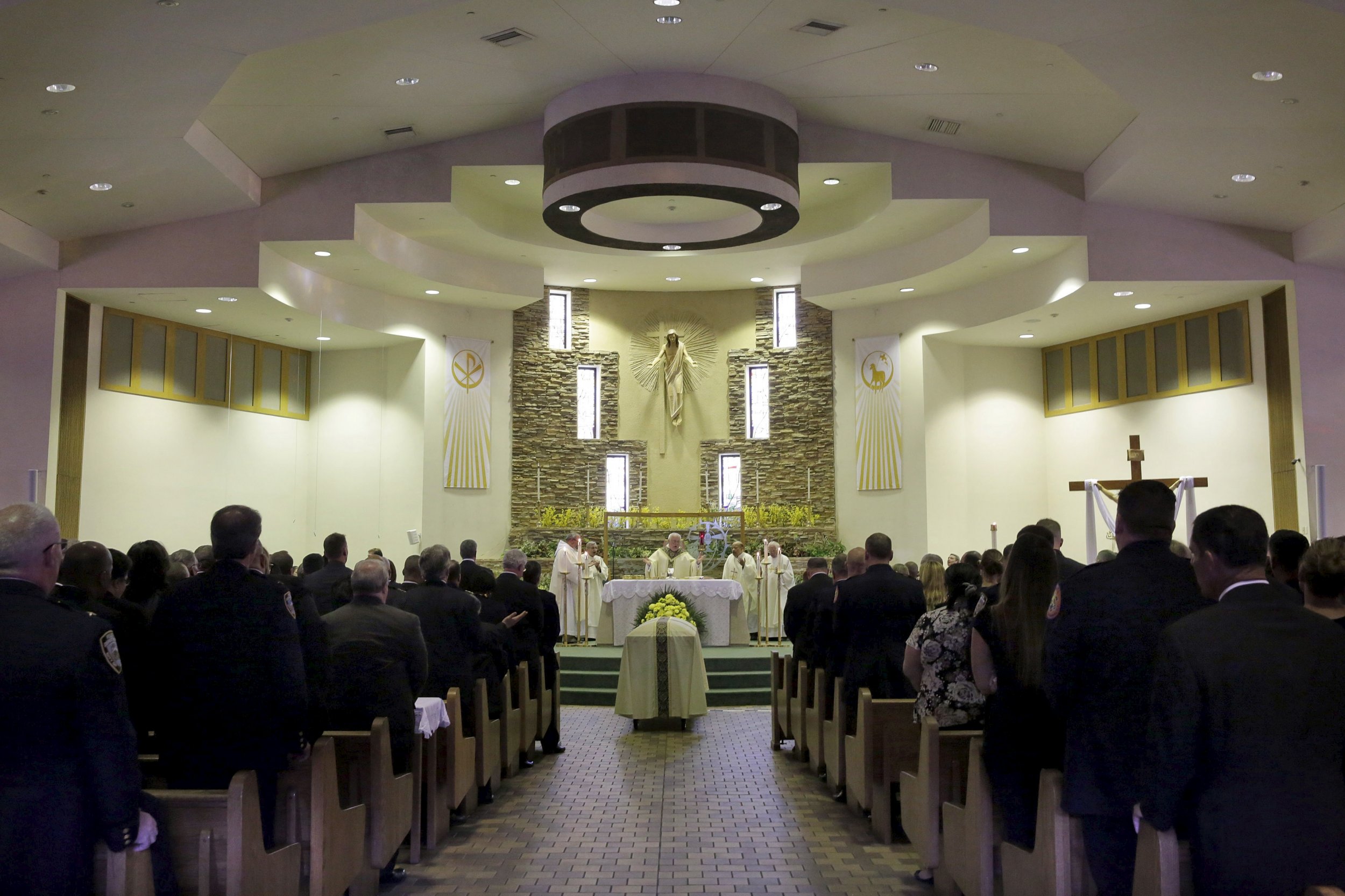
As we head into 2016 and the official start of the awards season, "Spotlight," which tells the true tale of a Pulitzer Prize–winning team of Boston Globe reporters that unravels the Catholic Church's decades-long attempt to cover up the sexual misdeeds of its clergy, emerges as a clear favorite.
The film reveals the shame, embarrassment and fear of sex abuse victims as they weigh whether to risk it all by outing one of the world's most powerful institutions.
Frustratingly, few moviegoers will realize that the story is actually much bigger than what the film depicts in two key ways. The most mind-blowing revelations, in fact, may still be enshrouded in darkness.
Sexual abuse of children by those associated with the Church is by no means confined to the abbeys of Boston. In 2014, the Vatican released a report revealing that 848 priests, globally, had been defrocked for raping or molesting children over the past decade, and 2,572 other offending priests had been given lesser sanctions.
According to news reports, between 2004 and 2013, the U.S. Catholic Church has spent almost $3 billion in costs related to widespread abuse allegations, including settlements and attorneys' fees, therapy for victims and support for offenders.
I have seen the extent of these injustices first hand. In 2013, together with my law partner Jayne Conroy and Boston legal crusaders Mitchell Garabedian and Bill Gordon (Garabedian being the attorney who courageously took on the Church in the "Spotlight" cases), I traveled to Haiti to pursue justice for 24 boys victimized by convicted pedophile Douglas Perlitz.
Perlitz was the head of a charity called the Haiti Fund that provided aid to the impoverished in Cap-Haitien, the nation's second largest city. Per the allegations, from the late 1990s until 2010, Perlitz showed pornography to boys between the ages of 9 and 21 and raped them at various locations, including his home, the boys' school dormitory and a hotel.
These repeated acts of rape and abuse of impoverished Haitian children were all conducted under the alleged neglectful supervision of Fairfield University, the Society of Jesus and others. These institutions ultimately agreed to a $12 million settlement, with each victim receiving $500,000.
Today, Perlitz is serving a 19-year prison sentence for his crimes.
Dishearteningly, and to our surprise, these incidents of abuse turned out to be just the initial strand of a much larger web of sex abuse. Since the 2013 settlement, 140 additional alleged victims of Perlitz have come forward. Together with attorney Garabedian, we are actively pursuing discovery depositions in those new cases, which we expect to go to trial at the end of 2016.
Unbelievably, though, this is still not the full story. Despite awareness of the frequency with which sex crimes against children occur and the long-term damage caused by such abuse, victims continue to face legal roadblocks when attempting to prosecute their cases. In our opinion, our criminal and civil justice system is failing our society by allowing legal technicalities to rob thousands of a chance for justice.
For instance, for the past two years, the Catholic Church has aggressively lobbied the New York State Assembly and Senate to avoid amending New York's statute of limitations for sexual abuse cases.
In New York, the current statute of limitations (i.e., the time limit you have to make a claim) is five years from the event or from the date the child turned 18. That means, for example, that a 30-year-old who was abused by a priest at age 10 is unable to pursue a claim against his abuser.
Because of New York's failure to amend the law, there are likely thousands of New Yorkers—many of whom are abuse victims of clergy and other members of the Church —who have no avenue for relief.
What's the answer? How do we rectify or even begin to enumerate the harm done?
We can take two simple steps.
First, New Yorkers can contact their state representatives and demand action to change the statute of limitations for incidents of sexual abuse to allow victims an opportunity to come forward and prosecute their aggressors regardless of how long ago the incident of abuse occurred.
It is not reasonable to expect a child or even a young adult to have the courage or knowledge to come forward and accuse an adult in a position of authority of such a serious crime. The shame and hurt that occurs as a result of sexual abuse can take years—if not decades—to overcome. The law must afford victims time to process their abuse without fear that they will lose their right to pursue their attackers.
Second, we need to shine a harsh "spotlight" on lawmakers for allowing such a backward and unsympathetic provision of the law to remain in effect. In fact, in comparison to other states, New York's statute of limitations for victims of sexual abuse is one of the shortest in the nation. For a state that is home to approximately 20 million Americans and prides itself on being progressive, this is unacceptable.
By spotlighting lawmakers who continue to kowtow to special interests at the expense of our children's safety, we will encourage substantive change that could have an enduring impact on victims of sexual abuse and their perpetrators. After all, sunshine, as they say, is the best disinfectant.
Paul Hanly Jr., a trial lawyer at Simmons Hanly Conroy in New York, negotiated a landmark $12 million settlement against the Society of Jesus of New England for 24 consolidated sex abuse cases involving young Haitian boys at an orphanage in Haiti in 2013. (Joseph Jean-Charles v. Douglas Perlitz et al.)
Uncommon Knowledge
Newsweek is committed to challenging conventional wisdom and finding connections in the search for common ground.
Newsweek is committed to challenging conventional wisdom and finding connections in the search for common ground.
About the writer
To read how Newsweek uses AI as a newsroom tool, Click here.








